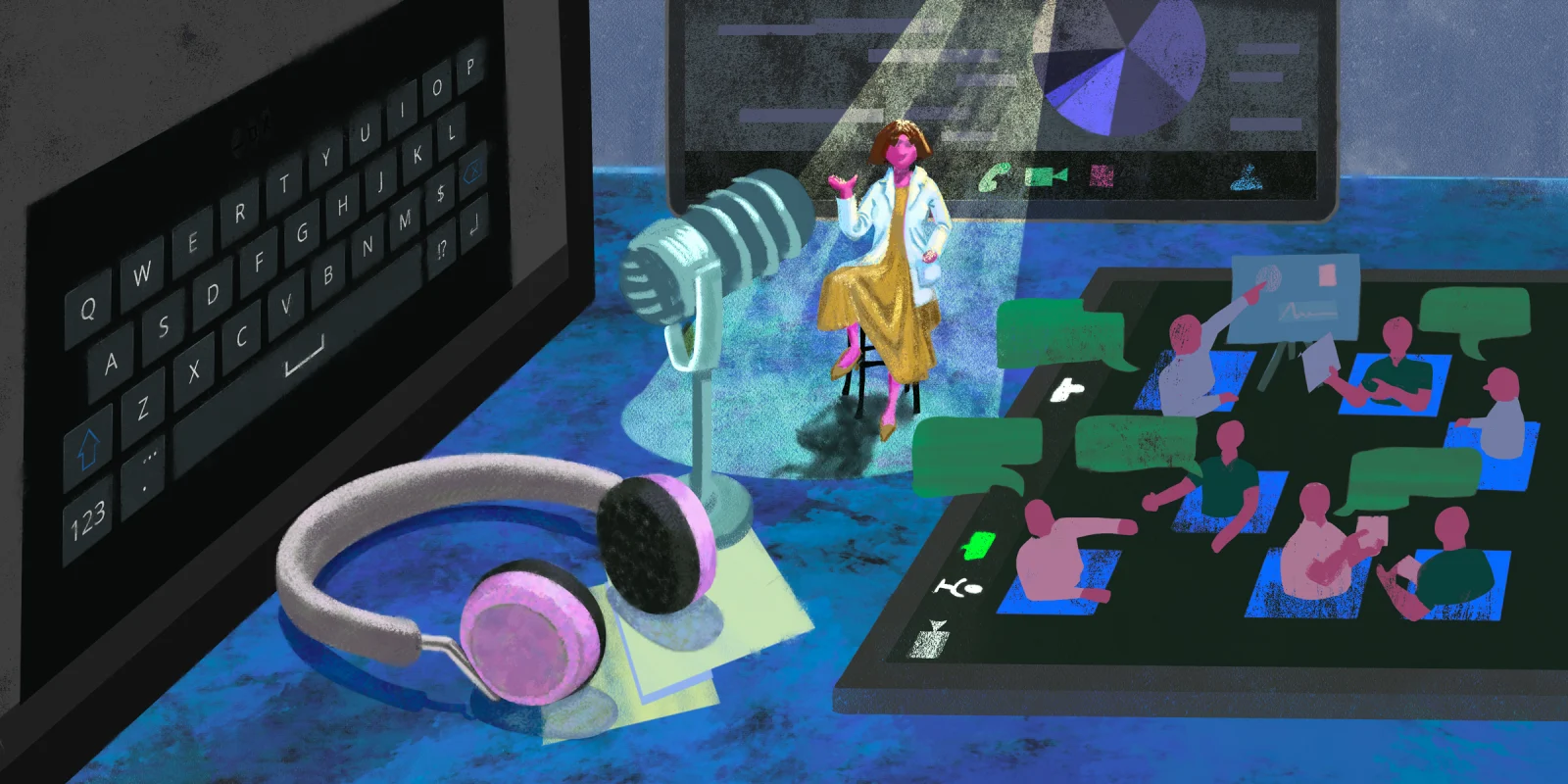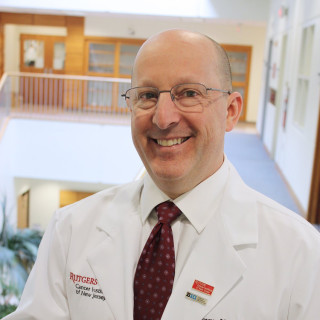The SARS-CoV-2 pandemic has had a profound effect on all aspects of our lives. Our ability to perform cancer research and exchange important findings and ideas is no exception. It is predicted that the pandemic will have a significant negative impact on our ability to diagnose cancers at an early stage and therefore will lead to an increase in cancer related mortality. The impact on the conduct of cancer research and the ability to disseminate the findings of this research has yet to be fully calculated. It is in this backdrop that I believe this year’s virtual AACR meeting was so important and impactful.
The AACR did a superb job in designing the program and in delivering the content in a format that is often challenging for the virtual participant. I found the program to be highly engaging and easy to navigate. There were also significant opportunities for interaction. I would like to highlight just a few of the sessions that I found to be particularly enjoyable and informative.
The session on Immuno-oncology and Cell Therapy trials was both timely and highly relevant. The emergence of cancer immunotherapy as an effective strategy for the treatment of cancer has already had a major impact. In this session, there were five presentations that highlighted a number of innovative trials focused on different immunotherapy strategies. These included discussions of agonist CD40 antibody as a neoadjuvant, a phase 2 study of pembrolizumab for locally advanced cutaneous squamous cell carcinoma, use of bispecific CD19/CD20 CAR for the treatment of B-cell lymphoma, tumor infiltrating lymphocytes for the treatment of melanoma using a novel cryopreserved autologous cell approach, and an update on the IMbrave150 trial using a combination of atezolizumab with bevacizumab and sorafenib as first-line treatment for hepatocellular carcinoma. The presentations and discussants were outstanding.
It is especially critical, during these challenging times, that we continue to encourage young investigators to enter the field of cancer research and to provide them opportunities to share their work. This made the session titled NextGen Stars Spotlight Session: Genetics and Epigenetics extremely rewarding. The session, moderated by Dr. Karen Knudsen, highlighted the work of five early career investigators. Dr. Andrew Aquirre, from Dana-Farber, presented his work focused on the synthetic lethal interaction between the ESCRT paralog enzymes VPS4A and VPS4B in cancers harboring loss of chromosomes 18q or 16q. In his work performed at the Rogel Cancer Center at the University of Michigan, Dr. Zeribe Chike Nwosu presented findings from his identification of high priority genes for basic and translational pancreatic cancer research. Dr. Burcu Darst from the University of Southern California described a meta-analysis of multiethnic prostate cancer patients, which identified novel variants and improved genetic risk prediction across populations. Work focused on CD8+ T cell responses and the consequences of disrupting enhancers within the core epigenetic program of exhaustion and the resulting improvement of response and tumor control was presented by Dr. Debattama Sen from Massachusetts General Hospital. Finally, Dr. Eneda Toska from Johns Hopkins presented her work on the epigenetic mechanisms of endocrine therapy response in breast cancer. This session was an outstanding forum to hear from the next generation of cancer researchers.
Finally, I wanted to mention an interesting panel discussion that focused on the microbiome in cancer therapy; hype or hope? Studies of the microbiome have become an area of intense investigation. We already have well validated cause and effect relationships between microbes and the risk of developing cancers such as the relationship between H. pylori and MALT tumors. However, the role of microbiome manipulation with respect to both therapeutic response and therapeutic toxicity is just beginning to gain critical attention. This panel discussion highlighted these areas of emerging research and put forward the notion that modulation of the microbiome might well represent the next pillar of cancer therapy.
Here I have highlighted only a few of the outstanding sessions at this year’s virtual AACR Meeting. I encourage readers to explore the entire program and see for themselves what an excellent job the AACR did this year despite the challenges posed by the pandemic. While the virtual program was a clear success, I look forward to 2022 and getting back to an in-person AACR Meeting.
Steven K. Libutti, MD is the director at Rutgers Cancer Institute of New Jersey and the Senior Vice President at Oncology Services, RWJBarnabas Health.
Illustration by Jennifer Bogartz







